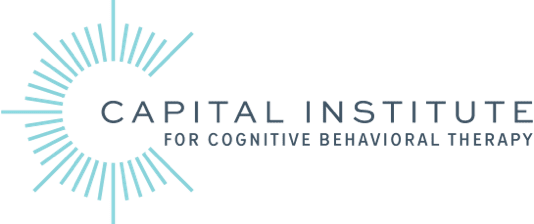School Admissions Testing
If you are considering enrolling your child in an independent school in the Washington, D.C. metro area, they may be required to complete admissions testing. Some public-school advanced programs also require testing as part of their application process. Capital Institute’s team of licensed clinical psychologists and associates offers testing for school admission at our Bethesda office.
We currently have immediate openings available for admissions testing. We also have a limited number of reduced fee testing slots available with our psychology trainees.

What is the Purpose?
Standard admissions tests evaluate a student’s ability to perform and can help determine whether your child has the cognitive and behavioral skills necessary to succeed in certain school environments. Some schools also require tests of academic achievement. Results may help with both entrance and class placement for private and public schools with advanced programs. Additionally, admissions tests can identify special needs that may better help your child succeed in school.

What to Expect
The admissions testing used will be determined by the age of your child. The Wechsler Preschool and Primary Scale of Intelligence-Fourth Edition (WPPSI-IV) is typically used with younger children prior to entering Kindergarten. The Wechsler Intelligence Scale for Children-Fifth Edition (WISC-V) is used with older children. These assessment measures are considered the standard for the admissions testing required by most independent schools.
The admissions testing is typically conducted over the course of a few hours. It may take longer if the independent school your child is applying to requires additional testing beyond the aptitude tests described above. During the testing, you child will participate in a series of activities that assess the following areas:
- Memory
- Language
- Critical Thinking
- Problem-Solving
- Verbal Communication
- Reasoning
- Perception
Once the admissions testing is completed, a report containing your child’s test results will be sent to the school you have authorized within 1-2 weeks.
Of note, aptitude tests are not valid if your child has already taken one within the last year. Most independent schools do accept previous test results, but this is important information to confirm before completing the enrollment process.

Preparing your Child
It is ideal to have your child tested toward the beginning of the day when they are more alert. To help prepare them for their testing day, encourage them to get a good night’s rest and to eat a healthy breakfast. They can bring a small snack and water/juice that they can have during a break during their testing.
Any form of practice for admissions testing is discouraged, as valid testing results are contingent upon the child seeing the testing materials for the first time on the day of their testing.
When discussing the appointment with your child, you can tell them they will be coming to the office to do “activities,” such as putting blocks together and looking at pictures. If your child wears glasses in school, please have him/her wear them for testing. Additionally, medication should be taken just as on a regular school day.

Need Help with Psychoeducational Assessment?
Capital Institute offers comprehensive psychoeducational assessment services for children and adolescents for a wide range of presenting concerns. Learn more about our psychoeducational assessment services.

Request Your Consultation
Ready to get started? Have questions? Click below to contact our helpful New Patient Coordinator.
